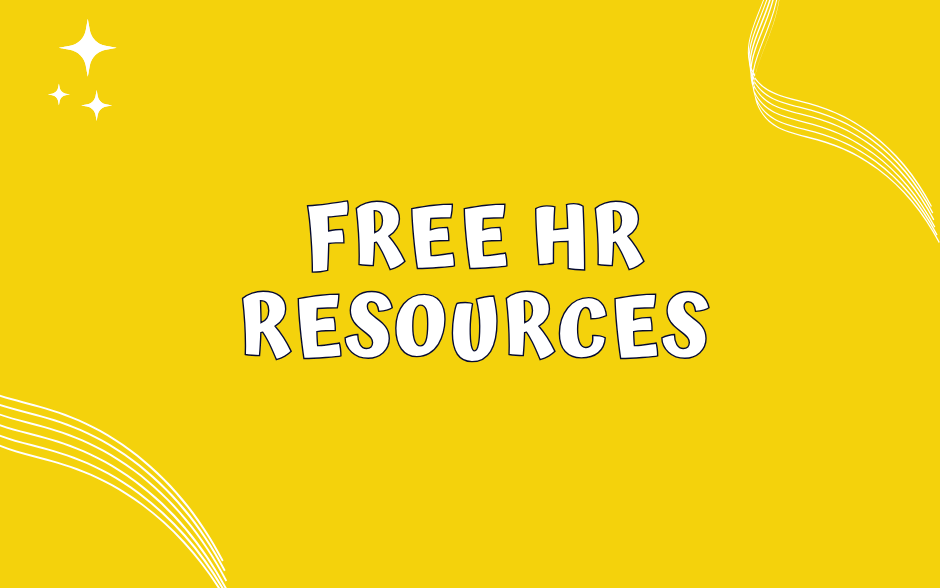As a small business, should I use the government’s Kickstart Scheme?

In 2020, the UK government launched its Kickstart Scheme and it’s still going strong 💪 As I write this blog, more than 195,000 Kickstart jobs have been approved through the scheme, right across the UK.
Essentially, it’s a £2 billion pot of funds for established businesses to use to temporarily hire young people who are out of work. It works on a quid pro quo basis. Businesses get a “free” employee. While the young and unemployed get paid work experience to boost their prospects going forward.
It’s had mixed press. But in the main, many small business owners I know, are really benefitting from the scheme. And as I’m getting lots of questions about it, here’s my personal take on it.👇
1. What is the Kickstart Scheme?
It’s a scheme that allows you to apply for a government grant to cover the cost of an employee for six months.
2. How much do I get?
If successful, you’ll get £1,500 per employee for setting them up. In other words, to buy them a laptop, or to pay for uniforms or safety equipment that’s essential to do the job.
On top of that, you get their wages for 25 hours per week, at the National Minimum Wage. Plus, any related National Insurance contributions.
3. Can I choose which person to employ?
To an extent. The young person must be aged between16 and 24, and claiming Universal Credit.
If your application for the grant is successful, the DWP will send you a list of people who are keen to apply for your vacancy. You then interview them in the normal way, and make your decision accordingly.
4. How many people can I employ?
There’s no limit at the moment.
5. What type of jobs could I get them to do?
It must be a new role you’re creating, not a job you were planning to advertise anyhow. Or, worse still, a job that somebody else is already doing. In other words, a decision to hire a Kickstart Scheme placement mustn’t penalise an existing employee.
The job shouldn’t be something too taxing that requires loads of training. Remember, these young people may only just have left school with very little, if any, experience in the world of work.
At the same time, the government will be looking to see if you can offer them skills that’ll help to strengthen the young person’s career opportunities going forward.
6. Do I have to keep the employee after the six months?
No, there’s no obligation for you to keep the person you hire for longer than six months, unless you want to of course.
7. Are they only allowed to work 25 hours each week?
No, but if you want them to work more hours, you’ll have to pay for the additional hours yourself.
8. How much do I need to pay them?
The government will give you enough to pay them the National Minimum Wage for 25 hours per week.
If you want to pay them more, or increase their hours, then you’ll need to foot the bill for anything over and above the grant you get.
9. Do they need an employment contract?
Yes, just like any other employee you hire, you should provide them with an employment contract to protect you and your business. However, this needs to be modified for the hours they work and the training elements of the scheme.

10. What about sick pay and holiday pay?
Any placement would be entitled to sick pay and holiday pay. But don’t forget, you’d have the government grant to fund this. You can't claim SSP on top though.
11. What if it doesn’t work out?
It’s the same as any employee you hire.
You give them an employment contract, specify a probation period, and manage them out in the way you would any other employee.
12. How do I apply?
You can apply directly through the government’s website.
Or, you can get a broker to do it on your behalf through a gateway. They will of course take a cut of the grant for doing so. If you don’t want the hassle of doing it yourself, then I highly recommend The Bristow Partnership.
13. What would increase my chances of getting a Kickstart Scheme placement?
It all boils down to the type of work you’re offering and whether you’re likely to make a difference to that person’s job prospects in the longer-term.
So, ask yourself if your expectations are realistic. Are you offering a job that can be done with basic training, in 25 hours each week, by somebody who may have little to no experience? And are you offering meaningful work? In other words, something that improves the young person’s chances of getting a job afterwards
Finally, are you prepared to muck-in and help them to develop as a person? For example, by helping them with their CV. Or, improving their organisational skills.
14. Where can I get more information?
Go the government’s website, or drop me a line. 📧
FYI - This scheme has now expired.






